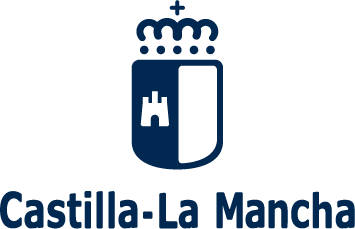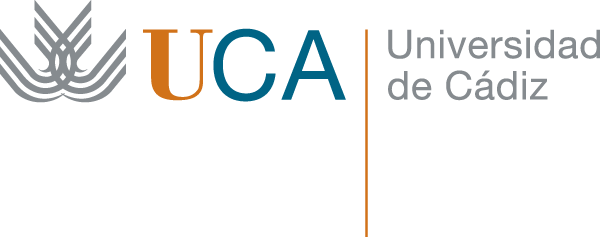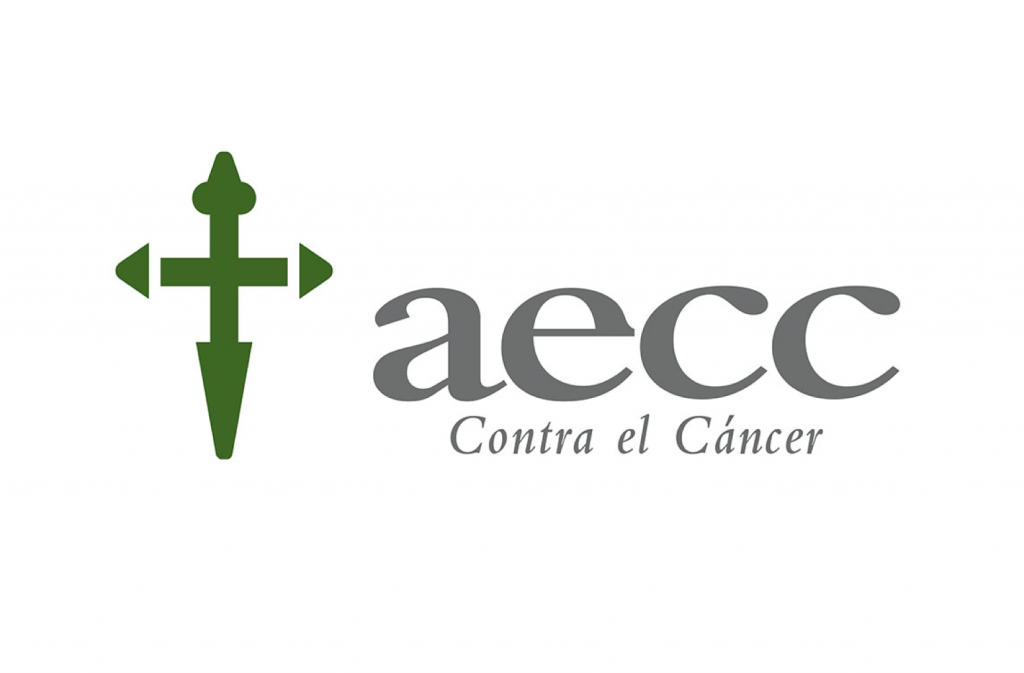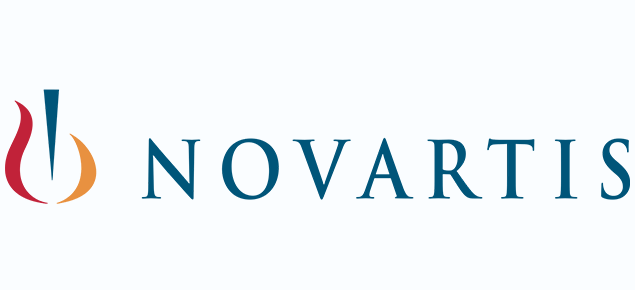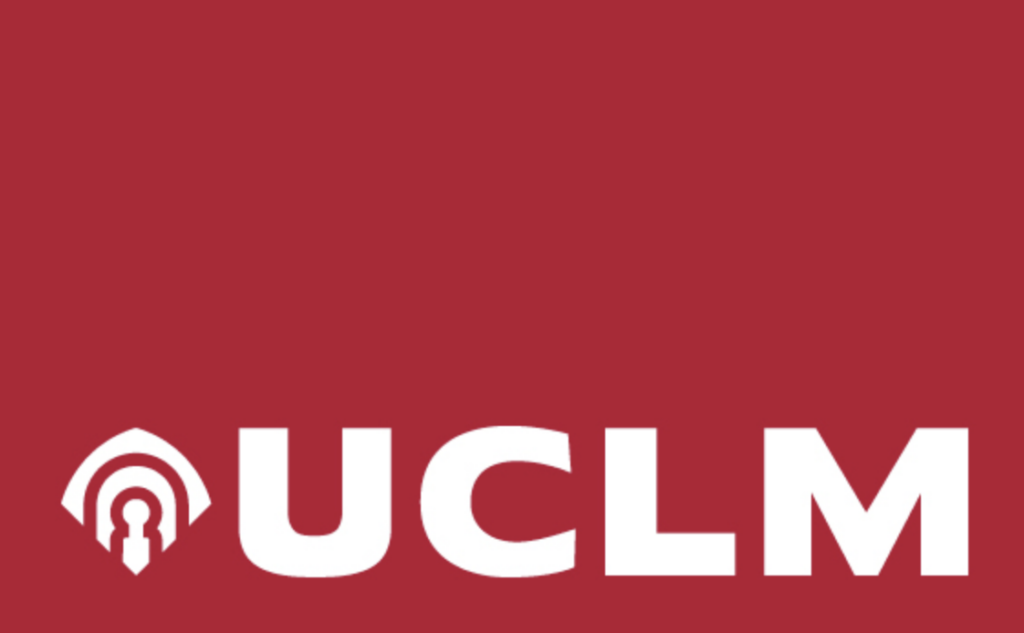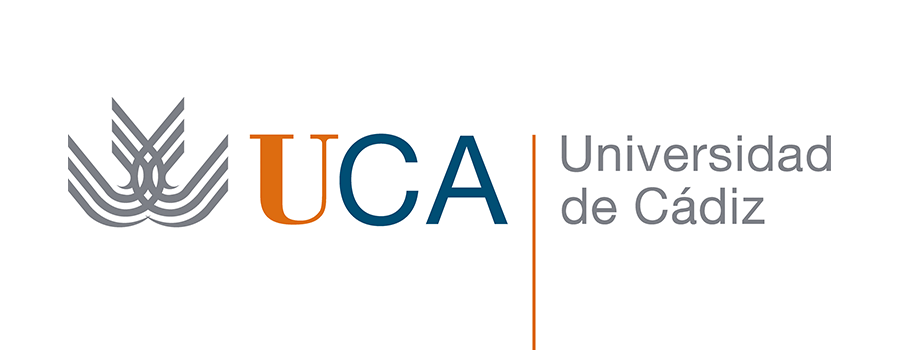Establishing a non-invasive approach to accurately diagnose and assess brain tumors
Gliomas and glioblastomas are 2 of the most challenging brain tumours to treat, with very poor survival rates. Most tumours are diagnosed using imaging technology and biopsies, but a lack of biomarkers to support the analysis of these tumours mean these methods are unable to facilitate early diagnosis, predict response to treatment, or predict the likelihood of recurrence and progression.
With funding from the Canadian Cancer Society, Brain Canada and the Cancer Research Society, this multidisciplinary team of experts spans Canada, Spain, the United Kingdom and the United States. With ongoing guidance from patient partners, they aim to build on previous work to validate an approach that uses circulating tumour DNA (in the blood) to characterize brain tumours earlier, accurately, and with the ability to predict response to treatment, risk of recurrence, and likelihood of spread.
This project aims to establish a blood-based, sensitive approach to detect brain tumours earlier, improve treatment and advance care for people with brain cancer.
Funding entity
Canadian Cancer Society (2024-2027)
Institutions
University Health Network (Toronto), NHS Foundation Trust, Northwestern U (USA), Int Brain Tumor Alliance, MOLAB, Leeds University, Univ of British Columbia
Principal investigator
Gelareh Zadeh (UHN)
Principal investigator
Investigators
18
Duration
5 years
Amount
4,500,000 $
Molab´s participants



